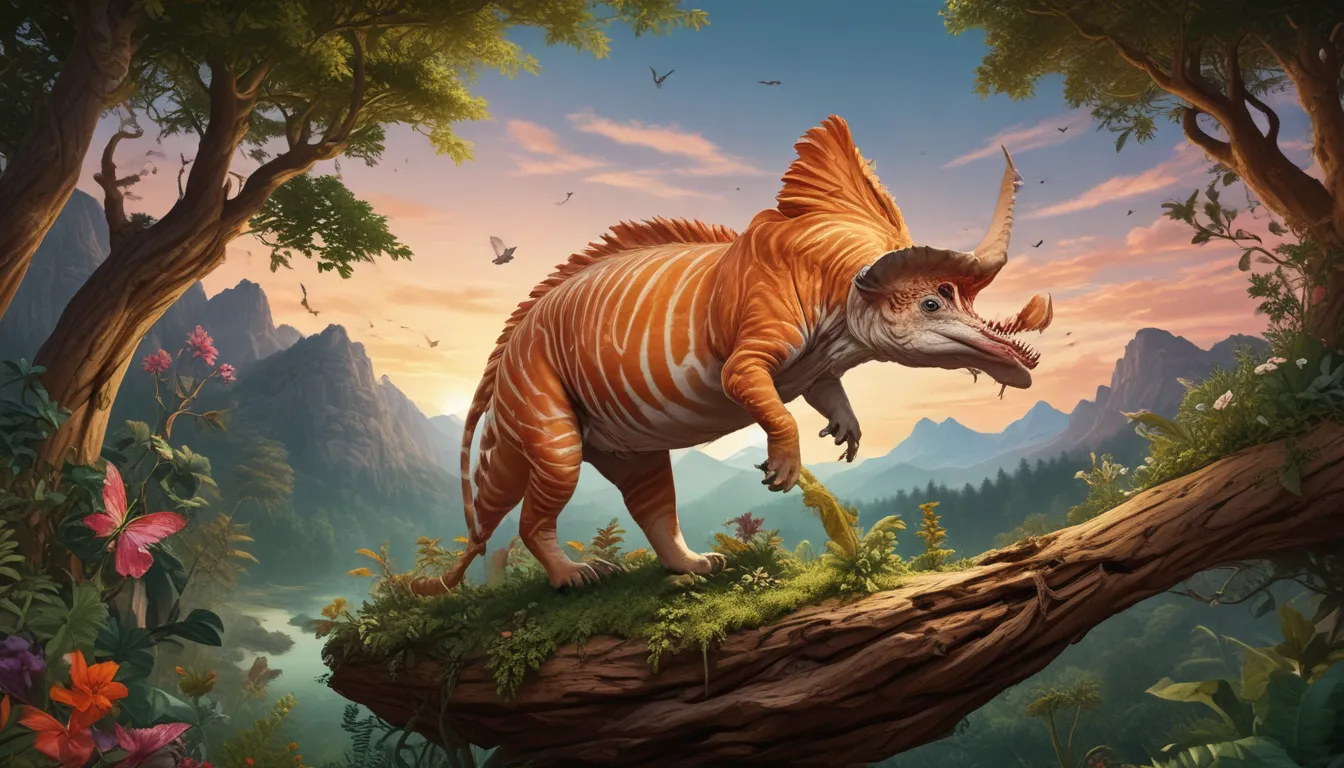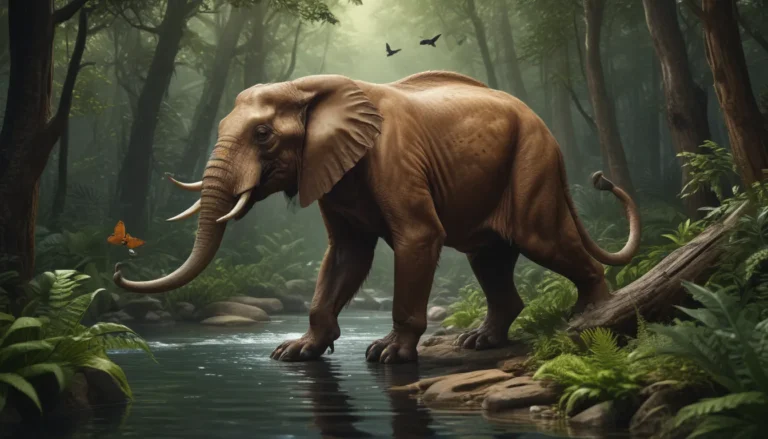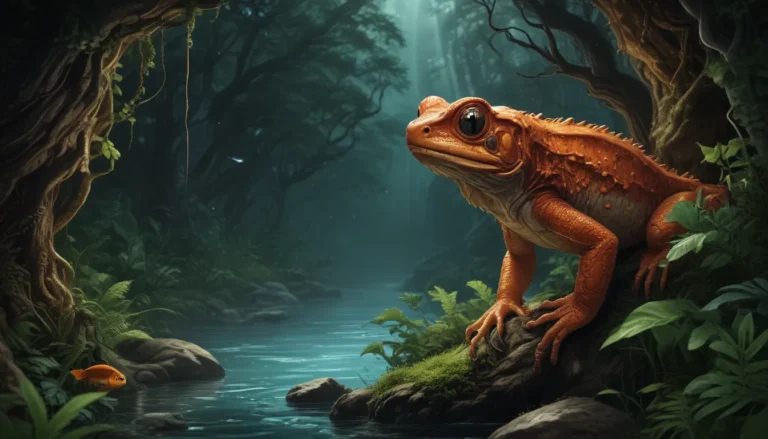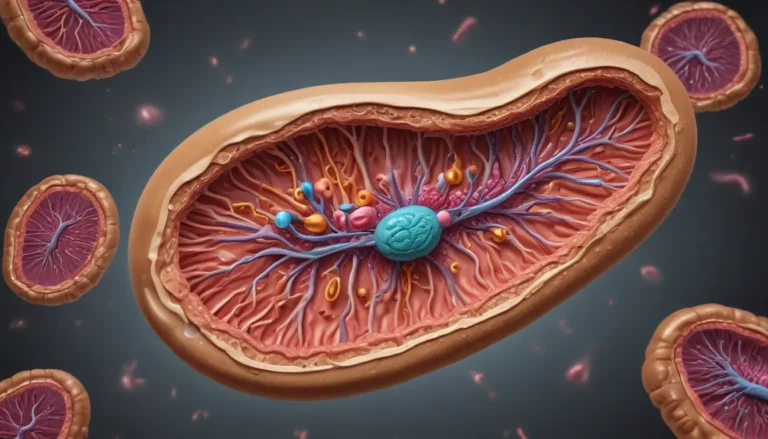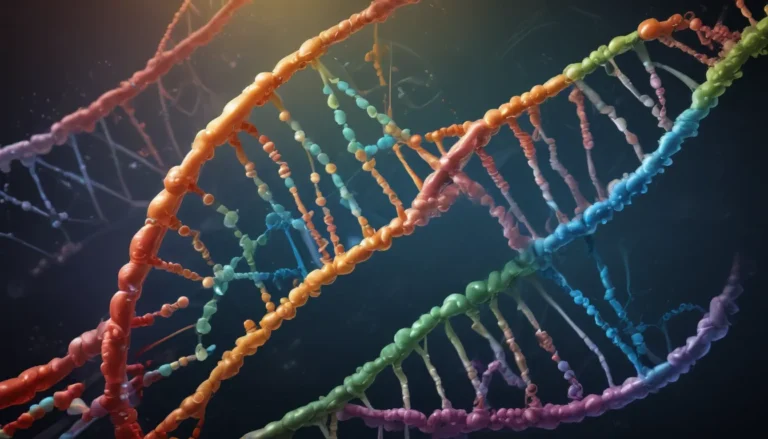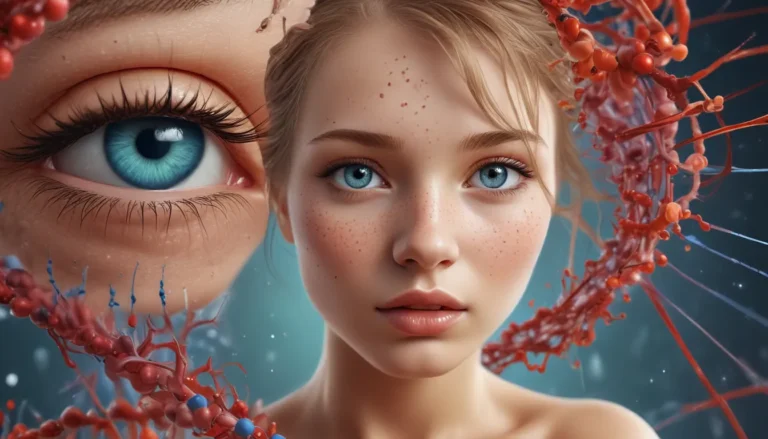A Note About Images: The images used in our articles are for illustration purposes only and may not exactly match the content. They are meant to engage readers, but the text should be relied upon for accurate information.
Welcome to the awe-inspiring realm of natural selection, a cornerstone of biology that governs the evolution of life on Earth. Developed by the visionary Charles Darwin in the 19th century, this powerful force has shaped the breathtaking diversity and complexity of our natural world. Join us as we explore 10 captivating facts about natural selection that shed light on its profound impact and unrivaled influence.
Unveiling the Essence of Natural Selection
Natural selection stands at the core of evolutionary biology, elucidating how species undergo adaptation and transformation over time. It embodies the concept of survival of the fittest, where organisms with advantageous traits secure a greater chance of survival and reproduction, perpetuating those favorable traits to future generations.
Unveiling Darwin’s Revolutionary Insight
In his seminal work “On the Origin of Species,” published in 1859, Charles Darwin introduced natural selection as the pivotal mechanism driving evolution. This groundbreaking theory challenged conventional beliefs of divine creation, revolutionizing our comprehension of the natural world and igniting a new era of scientific inquiry.
Unveiling the Genetic Tapestry of Natural Selection
Genetic variation within populations is a prerequisite for natural selection to operate effectively. Through genetic mutations and recombination during reproduction, new variations emerge in the gene pool, facilitating the selection of beneficial traits tailored to ever-changing environments.
Unveiling the Gradual Dance of Evolution
Natural selection unfolds over extended periods, orchestrating subtle changes that accumulate across generations. This gradual tempo fosters the diversification and adaptation of species, enabling them to thrive in their distinct ecological niches.
Unveiling the Genesis of Species Diversity
The relentless action of natural selection can drive the emergence of reproductive barriers between disparate groups of organisms. Over time, this divergence culminates in the formation of new species that are reproductively isolated from their ancestral counterparts.
Unveiling the Paradox of Detrimental Traits
Despite its penchant for favoring advantageous traits, natural selection can paradoxically uphold traits that confer a disadvantage in specific environments. This phenomenon, known as evolutionary trade-offs, underscores the intricate interplay between adaptation and environmental challenges.
Unveiling Nature’s Multifaceted Influence
An array of factors, including predation, resource competition, sexual selection, and environmental fluctuations, mold the course of natural selection. These influences act as critical determinants in shaping the evolutionary trajectory of species, steering the selection of traits that optimize survival and reproduction.
Unveiling Evolution’s Mosaic
While natural selection exerts a profound impact on life’s diversity, it coexists with other evolutionary mechanisms such as genetic drift, gene flow, and mutation. These complementary processes collectively sculpt the genetic landscape of populations, enriching the tapestry of life’s evolutionary history.
Unveiling Humanity’s Hand in Natural Selection
As stewards of the planet, humans wield the power to mold the selective pressures acting on other species. Through practices like selective breeding, habitat alteration, and pollution, mankind exerts a significant influence on the course of natural selection, reshaping ecosystems and species dynamics.
Unveiling the Perpetual Evolutionary Symphony
Amidst the anthropogenic changes shaping our world, the timeless rhythm of natural selection persists as a driving force of evolution. Organisms continue to adapt and evolve in response to shifting environmental conditions, ensuring their resilience and success in an ever-evolving biosphere.
Unveiling the Marvel of Natural Selection
In conclusion, natural selection stands as a mesmerizing cornerstone of biology, illuminating the intricate mechanisms through which species evolve and thrive in their habitats. By unraveling the 10 astounding facts about natural selection, we gain a deeper appreciation for the dynamic and resilient nature of life on Earth, unveiling the captivating interplay of genetics, environment, and survival.
FAQs: Unraveling the Mysteries of Natural Selection
Q: What is the essence of natural selection?
A: Natural selection is the process by which advantageous traits become prevalent in a population over successive generations, enhancing an organism’s survival and reproductive success.
Q: How does natural selection operate?
A: Natural selection proceeds through stages of variation, inheritance, selection, and time, where advantageous traits are favored by environmental pressures, culminating in the evolution of better-adapted individuals.
Q: Is natural selection the sole mechanism of evolution?
A: No, natural selection coexists with genetic drift, gene flow, and mutation, collectively shaping the genetic diversity of populations over time.
Q: Can natural selection foster the emergence of new species?
A: Yes, natural selection can drive the formation of new species by inducing reproductive isolation between diverging populations under distinct selective pressures.
Q: Is human evolution ongoing?
A: Yes, human evolution persists, influenced by modern factors like diet, disease, and social behavior, albeit with diminished impact due to technological advancements.
Q: Does natural selection elucidate all facets of life’s complexity?
A: While potent, natural selection does not encompass the entirety of life’s complexity, with genetic drift, gene flow, and environmental interactions contributing significantly to the tapestry of biological diversity.
Q: Are there exceptions to natural selection?
A: Yes, natural selection harbors limitations and exceptions, with traits influenced by genetic constraints, trade-offs, and altruistic behaviors that may not directly enhance individual fitness.
Q: Can natural selection be witnessed in real-time?
A: Yes, examples like antibiotic resistance in bacteria and pesticide resistance in insects offer tangible evidence of natural selection operating swiftly and decisively in response to environmental pressures.
Q: Is natural selection a random process?
A: While genetic variation occurs randomly, natural selection itself is a non-random process that hones in on favorable traits through environmental pressures, sculpting the evolutionary trajectory of populations.
Q: Can humans shape natural selection?
A: Indeed, humans wield the capacity to influence natural selection through practices like selective breeding, habitat alteration, and ecological disturbances, exerting a profound impact on the evolutionary course of species.
Embark on a journey through the captivating realm of natural selection, exploring the marvels of evolutionary biology and the intricate tapestry of molecular evolution. Delve into the captivating interplay of genetic drift and the awe-inspiring diversity of life’s evolutionary saga.
Embrace Knowledge and Growth
Our dedication to delivering credible and engaging content remains paramount in our mission to enlighten and inspire. Each fact we share is a testament to the collective wisdom of our diverse community, fostering a rich tapestry of insights and knowledge. Rest assured that each submission undergoes meticulous review by our dedicated editors, ensuring the utmost accuracy and authenticity in every discovery. Trust in our commitment to excellence as you embark on a journey of exploration and learning with us.
